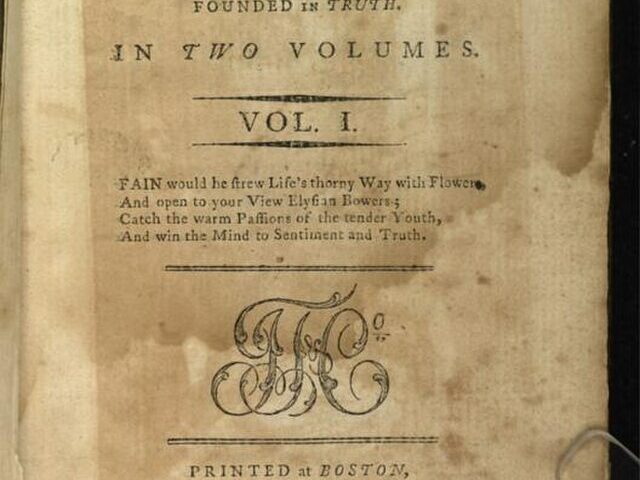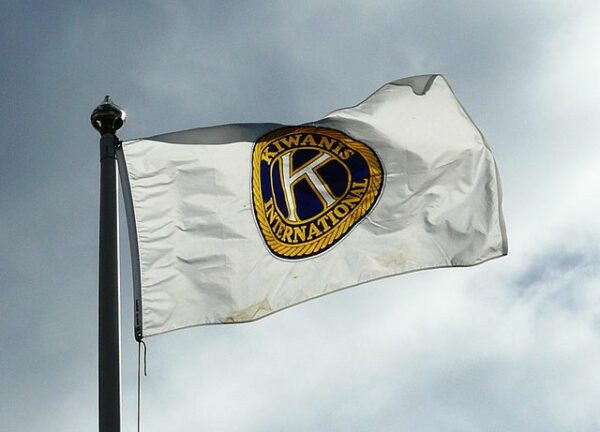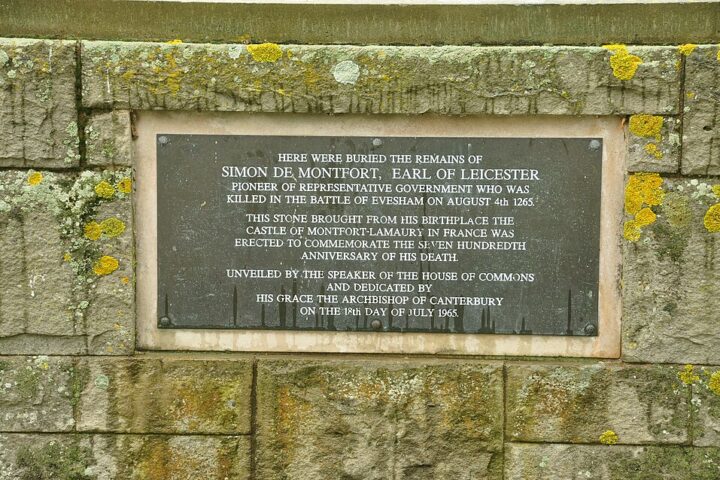The Iranian Hostage Crisis was a significant diplomatic and political event that unfolded between 1979 and 1981, marking a period of heightened tension between the United States and Iran. The crisis began on November 4, 1979, when a group of Iranian militants seized the U.S. Embassy in Tehran, taking 52 American diplomats and citizens hostage. The militants, who supported the Iranian Revolution and opposed the U.S. government’s involvement in Iranian affairs, demanded the extradition of the ousted Shah Mohammad Reza Pahlavi, who was in the United States for medical treatment.
The hostage crisis had its roots in the longstanding animosity between the two nations, stemming from the U.S. government’s support of the Shah and its interference in Iranian affairs. The revolutionaries saw the embassy takeover as a means of expressing their discontent and asserting their independence from perceived American influence. The crisis had far-reaching implications, not only for U.S.-Iran relations but also for the broader geopolitical landscape during the Cold War era.
The hostage situation lasted for 444 days, making it the longest hostage crisis in recorded history. The Carter administration faced immense challenges in negotiating the release of the hostages, and various attempts, including a failed rescue mission, added to the complexity of the situation. The crisis ultimately played a role in damaging President Jimmy Carter’s political standing and contributed to his defeat in the 1980 presidential election.
The resolution of the Iranian Hostage Crisis came on January 20, 1981, with the inauguration of President Ronald Reagan. The hostages were released as part of an agreement negotiated by the Algerian government, and the United States agreed to unfreeze Iranian assets. While the crisis officially ended, its legacy continued to shape U.S.-Iran relations and had a lasting impact on the political landscape of both nations.






